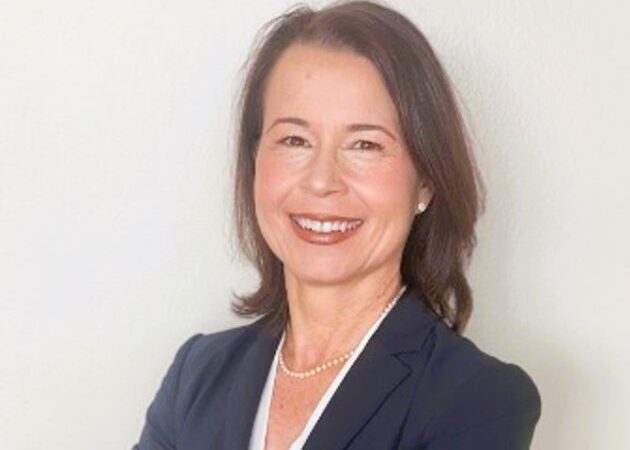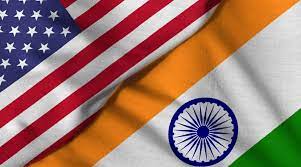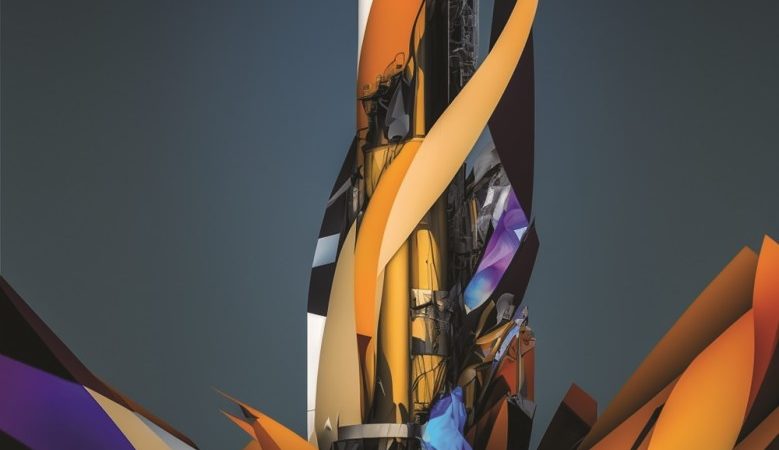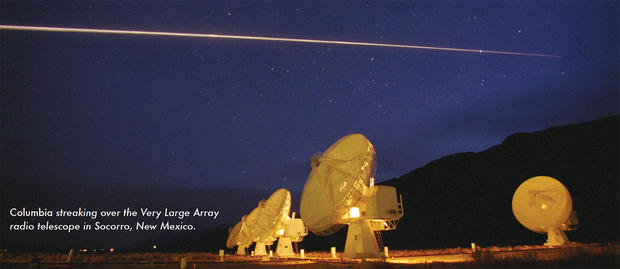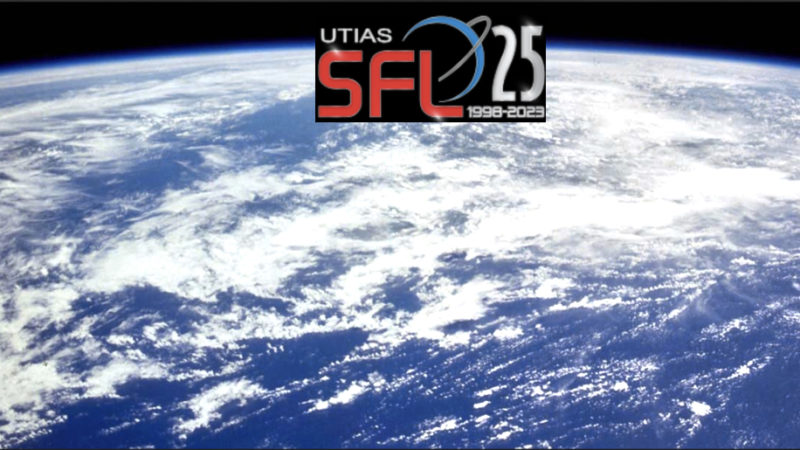Space SPAC Index: Richard Branson and Virgin Galactic Back in … – Parabolic Arc
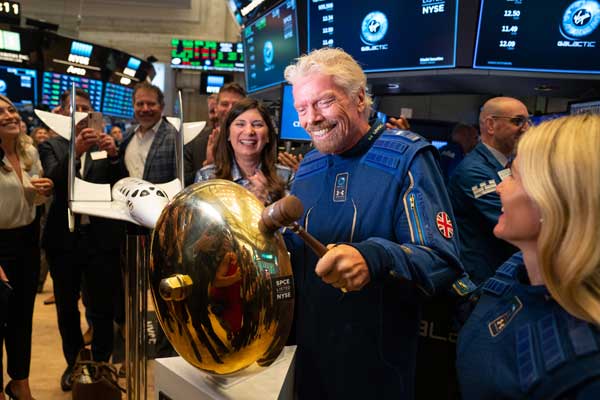
Virgin Galactic (NYS: SPCE) is back in the news this week in the form of a HBO documentary about company founder Richard Branson as the company’s stock hit an all-time low of $3.28 on Tuesday. And it turns out I am featured in Part 4 of the documentary.
Meanwhile, the stocks of not one but three of the 14 other space SPACs we follow have dipped below $1. Astra Space (NAS: ASTR), Spire Global (NYS: SPIR) and Momentus (NAS: MNTS) have all fallen through the ice. Astra has been there for months and faces possible delisting from the NASDAQ exchange.
Space SPAC Index
Dec. 27, 2022
| Company | First Trading Day | Opening Share Price | High | Closoing Price |
|---|---|---|---|---|
| Arqit (NAS: ARQQ) | Sept. 7, 2021 | $9.25 | $41.52 (9/23/21) | $3.90 |
| Astra Space (NAS: ASTR) | July 1, 2021 | $12.30 | $16.95 (7/2/21) | $0.42 |
| AST SpaceMobile (NAS: ASTS) | April 7, 2021 | $11.63 | $15.48 (6/30/21) | $3.65 |
| BigBear.ai (NYS: BBAI) | Dec. 8, 2021 | $9.84 | $16.12 (4/6/22) | $0.72 |
| BlackSky (NYS: BKSY) | Sept. 10, 2021 | $11.80 | $13.20 (9/16/21) | $1.40 |
| Momentus (NAS: MNTS) | Aug. 13, 2021 | $10.85 | 12.87 (9/7/21) | $0.73 |
| Planet Labs (NYS: PL) | Dec. 8, 2021 | $11.25 | $11.65 (12/8/21) | $4.19 |
| Redwire (NYS: RDW) | Sept. 3, 2021 | $10.70 | $16.98 (10/25/21) | $1.81 |
| Rocket Lab (NAS: RKLB) | Aug. 25, 2021 | $11.58 | $21.34 (9/9/21) | $3.56 |
| Satellogic (NAS: SATL) | Jan. 26, 2022 | $9.19 | $10.92 (5/4/22) | $3.10 |
| Satixfy (NYS: SATX) | Oct. 28, 2022 | $8.29 | $51.70 (11/17/22) |
$5.21 |
| Spire (NYS: SPIR) | Aug. 17, 2021 | $10.25 | $19.50 (9/22/21) | $0.96 |
| Terran Orbital (NYS: LLAP) | March 28, 2022 | $12.69 | $12.69 (3/28/22) | $1.44 |
| Virgin Galactic (NYS: SPCE) | Oct. 28, 2019 | $11.79 | $62.80 (2/4/21) | $3.29 |
| Virgin Orbit (NAS: VORB) | Dec. 30, 2021 | $8.525 | $11.28 (1/11/22) | $1.64 |
What Goes Up….
Part 4 of HBO’s Branson document has a clip of video I took of pieces of VSS Enterprise crashing to the desert floor after the SpaceShipTwo vehicle broke up on a flight test on Oct. 31, 2014. It’s combined with a clip of a BBC interview done later near the spot where the cockpit with co-pilot Mike Alsbury crashed onto a road.
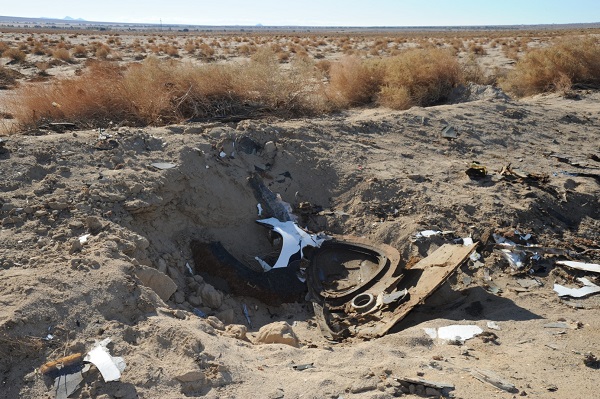
I’ve seen some of Part 4, but each time I’ve found it on my hotel TV I’ve tuned in too late to see this segment. It’s OK. I was there; I know what I filmed, and I know what I said.
I do have a few notes on the part of the documentary I did see. They glossed over Branson’s decision to have Virgin Galactic go public by merging with Chamath Palihapitiya’s special purpose acquisition company (SPAC).
The documentary focuses on how Branson sold most of his stock in Virgin Galactic to bail out his struggling Virgin Group, which has hit hard by the slowdown in travel caused by the global COVID-19 pandemic that hit in early 2020.
It was interesting, but it missed a key controversy. As the documentary explains, the company’s lone SpaceShipTwo, VSS Unity, was nearly destroyed during a flight test in February 2019. Extensive modifications were subsequently made to the vehicle. The vehicle wouldn’t attempt another suborbital flight for 21 months. (Part of the gap was due to the COVID-19 pandemic.)
Virgin Galactic went public eight months after the near disaster in October 2019 without disclosing that its only spaceship couldn’t fly. The company projected commercial service would begin in June 2020, a schedule it couldn’t meet even had the COVID-19 pandemic not occurred. Commercial flights are now scheduled to begin in the second quarter of 2023 — an almost three year delay. Providing the company can complete the flight test program in the first quarter.
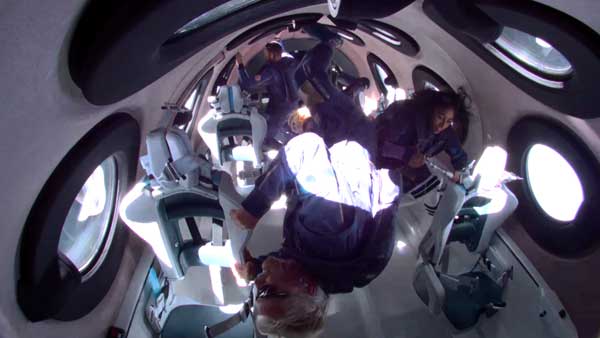
Reuters reports that Richard Branson and Virgin Galactic will face a class action lawsuit from shareholders that they concealed problems with the company’s space program when announcing plans to take the company public in July 2019, and that Branson later sold $301 million in stock two years later at inflated prices after false claims that his suborbital flight a month earlier had been flawless.
Shareholders can sue over July 2019 statements that Virgin had made “great progress” overcoming “hurdles” to commercial spaceflight, despite a near-disastrous test light five months earlier when its rocket plane Unity suffered critical damage.
Branson must also defend his July 2021 statement that his own just-completed flight on [VSS] Unity, where he soared 50 miles (80.47 km) above the earth, had been “flawless” though Unity had strayed from its assigned airspace.
Virgin Galactic had sought to dismiss the lawsuit by arguing that there had been no intent to defraud and that the defendants had throughout disclosed safety and design challenges in the high risk program.
You can read more about the lawsuit and stock sales by Branson and Palihapitiya: Class Action Fraud Lawsuit Against Richard Branson & Virgin Galactic to Proceed.
The other issue involves how Virgin Galactic put Branson on an earlier flight test in a successful effort to beat rival Jeff Bezos into space. The Amazon founder flew to space aboard Blue Origin’s New Shepard suborbital vehicle nine days after Branson on July 20, 2021.
I broke the story in June 2021 that Virgin Galactic was putting Branson on the earlier flight test. I reported the company were aiming for July 4, but they ended up flying a week later.
Branson spent weeks saying it was not a race and beating Bezos was not the reason for moving up the flight. But, that’s exactly why the company did it. I stand by my story.
It turned out to be a Pyrrhic victory. VSS Unity veered outside its assigned airspace during descent, which the company failed to inform the Federal Aviation Administration (FAA) about. The FAA grounded the vehicle while Virgin Galactic revised its operating procedures.
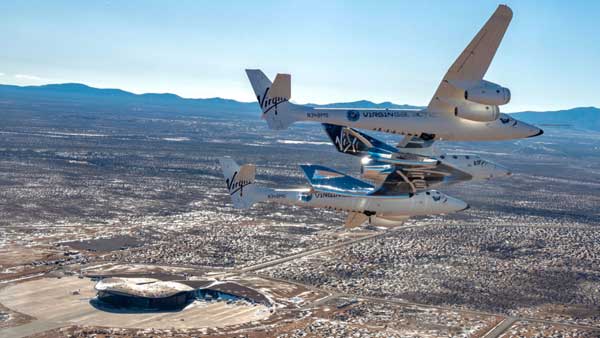
VSS Unity hasn’t flow since. Engineers have been busy overhauling VMS Eve, the 14-year old WhiteKnightTwo mothership that drops the spacecraft from an altitude of about 48,000 ft. The overhaul was originally scheduled to last four months, but has taken more than one year. VSS Unity has also undergone some modifications during this period.
The fact that Virgin Galactic hasn’t conducted a flight test in nearly 18 months is one of the reasons why the stock hit an all-time low today of $3.28. It is likely to go lower if the company can’t complete its flight test program and begin commercial flights in Q2 2023 as promised.

